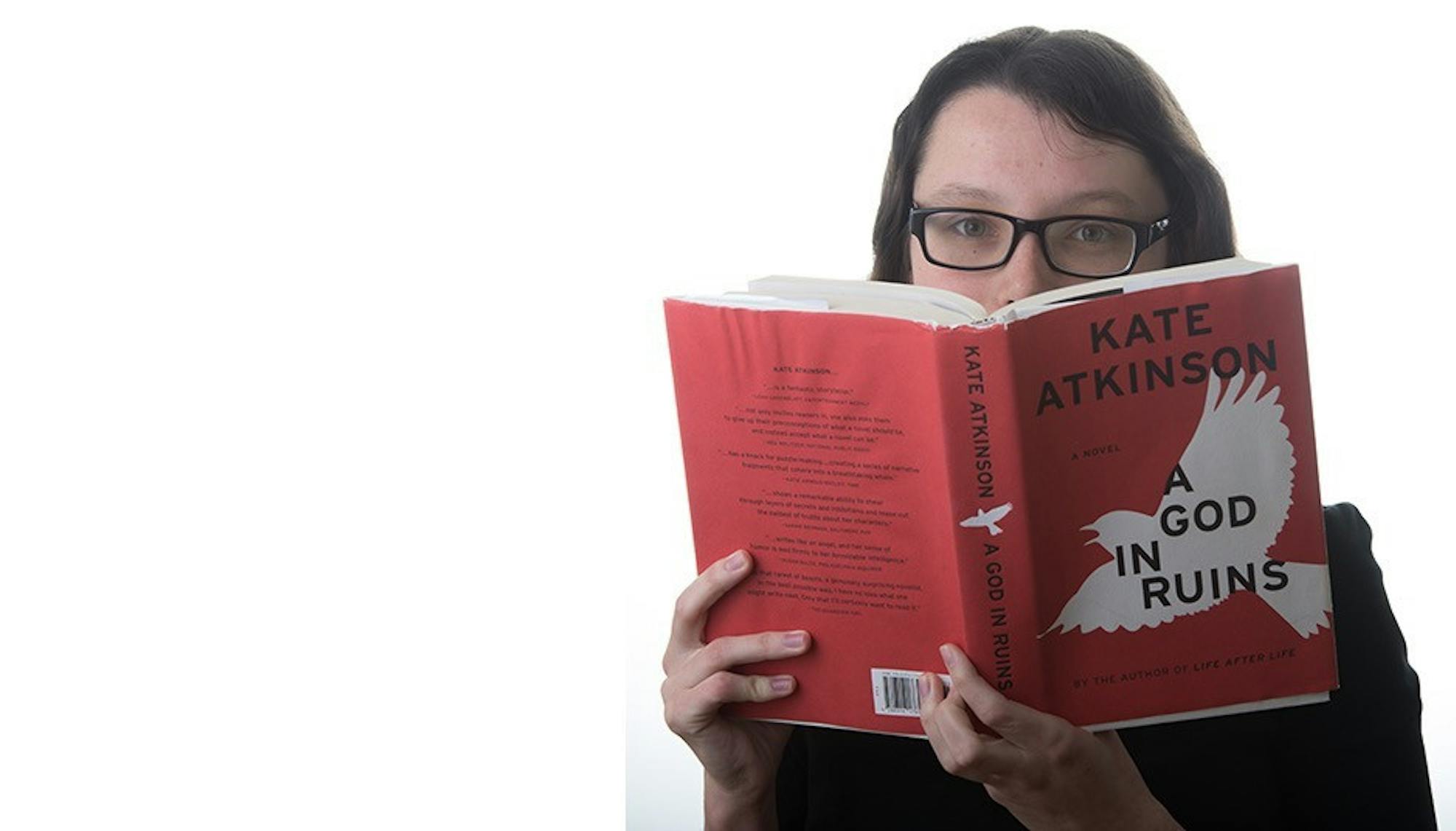Even when people talk about the fantasy genre with affection, remembering the books that they first loved as children and that continue to enchant them today, they rarely talk about fantasy as serious literature, the kind that reflects our world back to us and betters our understanding of it. There's magic and talking animals and ultimate evil, after all, not metaphor-thick prose about the sheer struggle of being a middle-aged man in America or the dissolution of a drama-plagued family. But fantasy can tell us just as much about ordinary life as the extraordinary one it portrays, pointing out the things we're hesitant to meet head-on, and for that, there's no one better than the incomparable late Sir Terry Pratchett.
Over forty books of Pratchett's extensive oeuvre take place in Discworld, the realm for which he's most famous. Discworld is a flat, circular planet that rests on the back of four elephants, who stand on the back of the great celestial turtle A'Tuin as he swims through the universe. (Don't ask if there's anything beneath the turtle.) Discworld is teeming with interesting places inhabited by even more interesting people. There's the vast city of Ankh-Morpork, ruled by the remarkably clever Lord Vetinari and (kept in order by the City Watch and its bad-cop-gone-good-commander Samuel Vimes.) The city is vulnerable to political intrigue, attempts at bringing the city into the Century of the Fruitbat and suspicious substances sold on buns by the tireless entrepreneur Cut-Me-Own-Throat Dibbler. There are the witches, led by the formidable Granny Weatherwax, whose insatiable desire to meddle in things takes them all over the Disc. There's also Rincewind, the cowardly wizard who might turn out to be a hero after all, and Death, the skeleton with a scythe who always speaks in capital letters. In short, there's something for everyone and best of all, no real obligation to read it in any particular order.
Perhaps the best way to begin in Pratchett is to choose a character that appeals to you and promptly plunge into the series of books centered around them. My personal favorite are the witches, where you can begin with either “Equal Rites” or “Wyrd Sisters." “Equal Rites” introduces Granny Weatherwax, as she attempts to train a girl who has accidentally inherited the powers of a wizard, and “Wyrd Sisters” firmly establishes the dynamic between the various Lancre witches as they become involved in royal intrigue when a scheming couple tries to take over the kingdom.
Wherever you start, the books are simply delightful. The world is rich and carefully thought out, with every new detail and character both surprising and of a piece that Pratchett has already created. It's as vast and as creative as Middle-Earth or Hogwarts, with the added bonus of clever satire and more clever observations about humanity. Pratchett may have always had a joke up his sleeve, but he also had so much to say about the twists and turns of life and of storytelling, and his thoughtfulness rings true throughout his writing. You'll laugh, you'll think, you might even cry, and at the end, you'll find yourself turning back to the beginning to read it all over again.
The ABCs of Literature: Terry Pratchett






